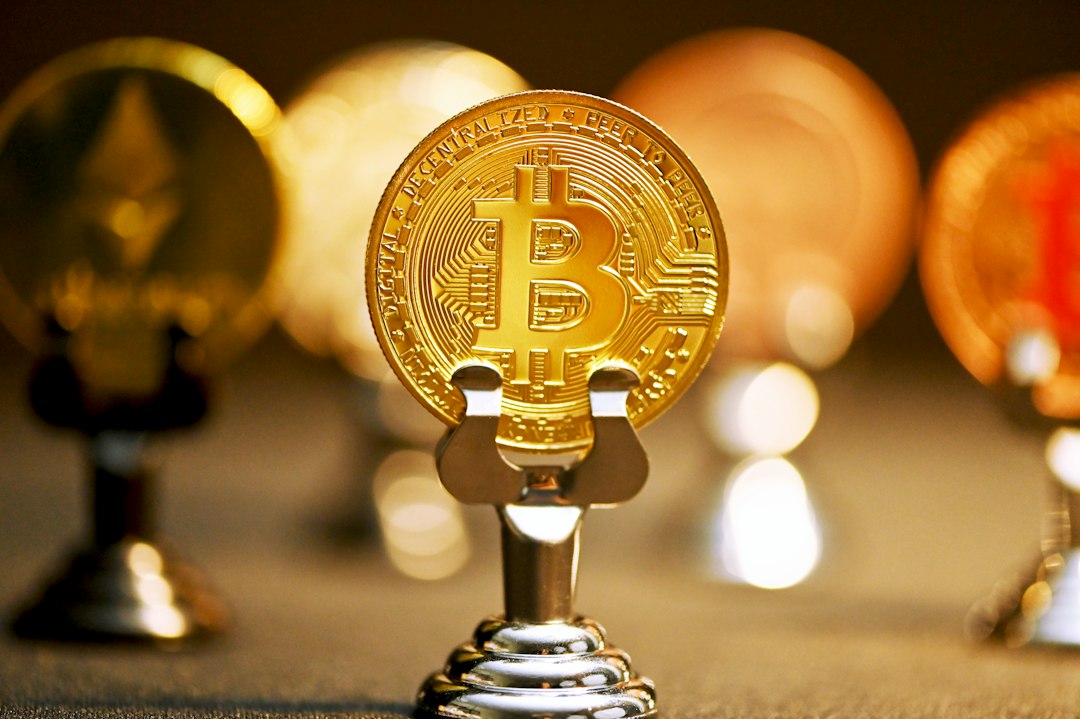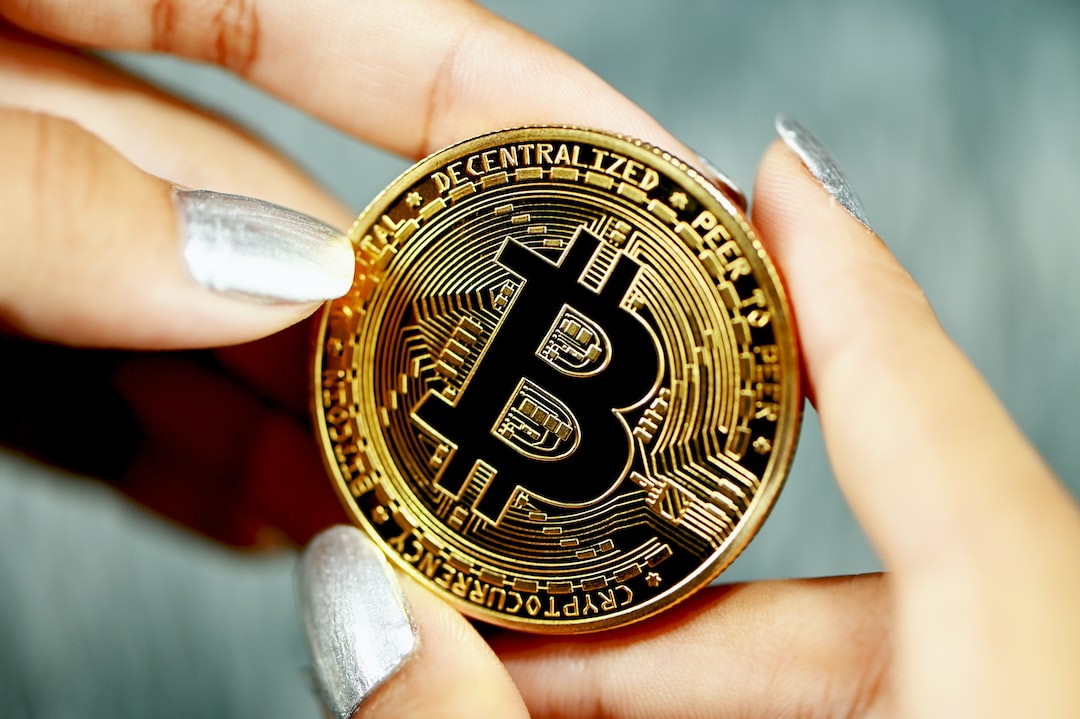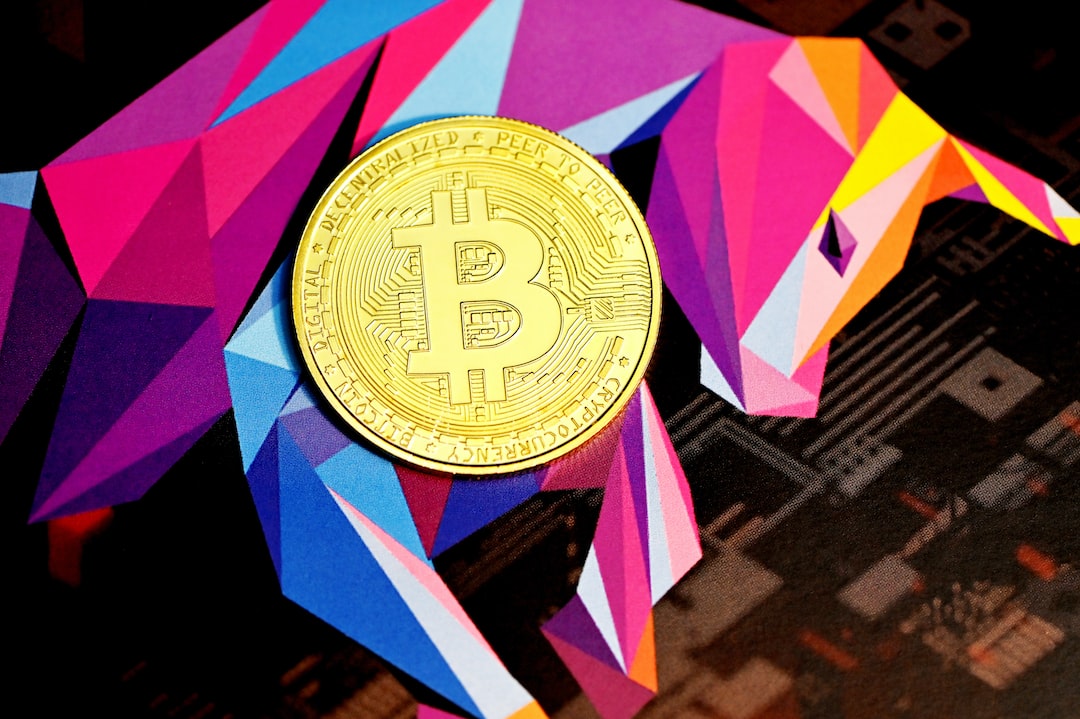If there’s one thing that’s united members of the crypto community in recent months, it’s the emergence of points.
If you’ve been following the crypto space, you’ve probably noticed a growing trend of projects implementing points programs. However, these points have received a lot of backlash from the community.
Why do points get a bad rep?
The dislike for points stems from their lack of value and potential scammy nature. Unlike tokens received through airdrops, points hold no real-world value and cannot be traded. This takes away the excitement and sense of achievement that users get from receiving tokens. Points also function more like IOUs, with no guarantee of ever turning into actual tokens.
Investors and VCs weigh in
Investors and venture capitalists have differing opinions on points. While retail investors criticize them, VCs see their flexibility as an advantage. Points allow projects to test assumptions without the complexities associated with launching tokens. Additionally, offering points can help fine-tune incentives and avoid regulatory risks.
FriendTech: Points but no airdrop
The case of FriendTech highlights why users have become disillusioned with points. The project implemented a points system to reward user engagement but failed to deliver on an anticipated token airdrop. This resulted in a decline in trading volume and user interest.
The future of points
While some VCs believe that point incentive systems will continue to attract customers, others see them as a temporary fad. The long-term viability of points remains uncertain.
Hot Take: Are points worth it?
In conclusion, while some projects may find value in implementing points programs for short-term incentives, it’s crucial to consider the community’s perception and potential drawbacks. Points lack the excitement and value that tokens offer, and their long-term sustainability is questionable. Ultimately, it’s important to strike a balance between attracting customers and providing lasting incentives in the ever-evolving crypto landscape.





 By
By
 By
By
 By
By
 By
By
 By
By
 By
By